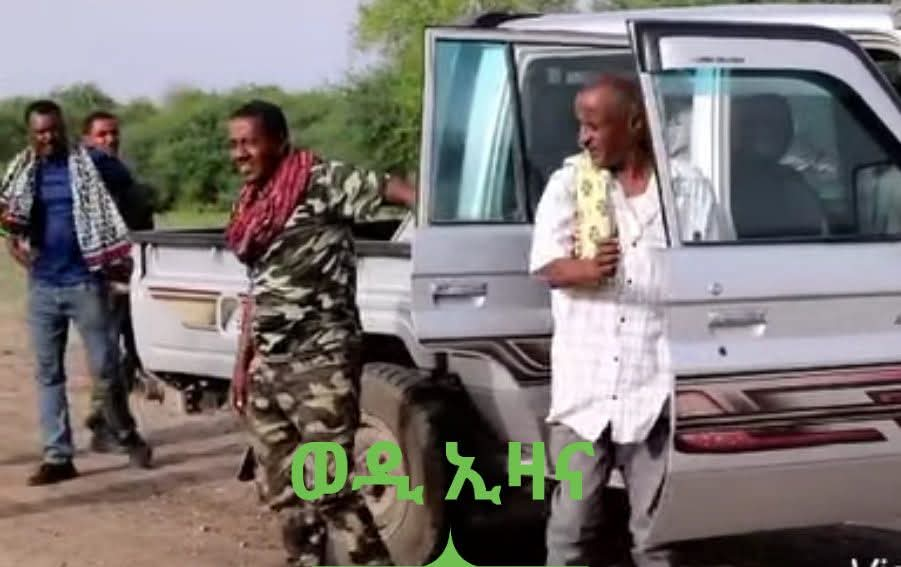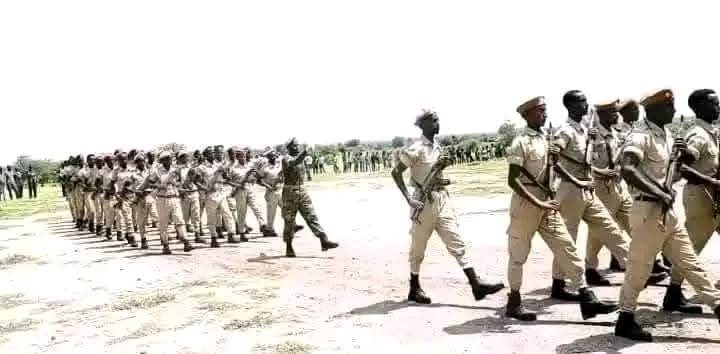Mekelle፡Telaviv, Nairobi, Pretoria, London, (Tigray Herald).
Exposed: Tigray’s Army 70 Accused of Fighting in Sudan Civil War Amid Allegations of Mercenary Dealings
By Tessema Nadew
New allegations have emerged linking a Tigrayan paramilitary unit known as Army 70, an offshoot of the Tigray Defense Forces (TDF), to active combat in Sudan’s civil war fighting alongside the Sudanese Armed Forces (SAF) led by General Abdel Fattah al-Burhan against the paramilitary Rapid Support Forces (RSF) under Mohamed Hamdan Dagalo, widely known as Hemedti.
According to regional sources and eyewitnesses who spoke to Tigray Herald, Army 70 fighters have reportedly been deployed in eastern Sudan, allegedly under the sponsorship of the Tigray People’s Liberation Front (TPLF), raising fresh questions about the regional implications of Ethiopia’s internal conflicts and the TPLF’s role in Sudan’s destabilisation.
“This is no longer a domestic affair,” said one Horn of Africa diplomat under condition of anonymity. “If verified, the presence of TDF-affiliated forces in Sudan not only risks worsening the crisis there but opens the door to a broader regional conflagration.”
A Mercenary Force or Strategic Alliance?
Army 70, a little-known but elite unit within the TDF structure, is accused of being contracted as mercenaries by General al-Burhan’s government, with reports suggesting that individual fighters were sold for $200 per head, while intermediaries within the TPLF allegedly profited more than $1,000 per soldier a revelation that, if confirmed, would constitute a severe violation of international law and regional non-interference norms.

The deal reportedly involves logistical coordination through secretive channels in eastern Sudan and northern Ethiopia, as well as financial transactions that bypass Ethiopia’s federal structures.
Sudanese rebel commander Mohamed Hamdan Dagalo (Hemedti), head of the RSF and Burhan’s principal rival, has publicly accused the TPLF of “arming and training fighters for Al-Burhan’s war machine” and condemned the infiltration of foreign forces into Sudan’s already fractured conflict landscape.
“TPLF is trading in war,” said an RSF-aligned spokesperson. “They are trying to rebrand themselves as a resistance movement while acting as brokers of bloodshed across borders.”

Regional Fallout
The revelation comes at a delicate moment for the Horn of Africa, where overlapping crises in Ethiopia, Sudan, Somalia, and Eritrea have fueled displacement, arms proliferation, and diplomatic breakdowns. Ethiopia’s federal government has remained largely silent on the matter, though sources within the Ethiopian National Defense Forces (ENDF) view Army 70’s external deployment as a dangerous escalation.
Human rights groups have begun documenting cases of Tigrayan youth disappearing from refugee camps in Sudan, with some believed to be coerced or recruited into Army 70’s ranks under false pretenses of employment or relocation. “These young men are being trafficked into death zones,” said one humanitarian worker based in Kassala.
The African Union (AU) and Intergovernmental Authority on Development (IGAD) have yet to release formal statements on the accusations, though calls are mounting for an independent inquiry.
Calls for Accountability
Civil society groups and regional analysts are urging the international community particularly the U.S., EU, and UN to pressure both the TPLF and the Sudanese Armed Forces to halt the use of foreign fighters in Sudan’s internal conflict and to ensure accountability for those profiting from war.

“We need transparency and justice,” said Dr. Winta Kahsay, an Ethiopian peace and security researcher based in Nairobi. “Whether it’s Burhan or Hemedti or the TPLF whoever is fueling this war must be held to account.”
For now, the fate of those young Tigrayan fighters allegedly caught in the mercenary web of Army 70 remains unclear, while the wider implications of Ethiopia’s fragmented military landscape spilling across borders have become harder to ignore.
About the Author: Tessema Nadew is a political analyst and advocate focusing on conflict resolution, peace-building, and justice in the Horn of Africa.




